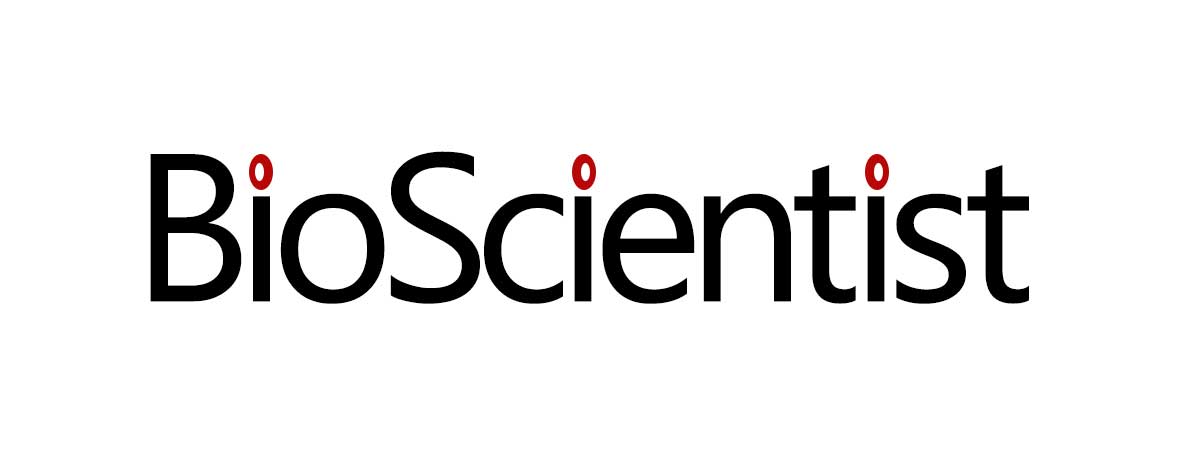Hi, I am Heba Toumeh. I want to share my incredible experience as a Biomedical Scientist (BMS) trainee at Wythenshawe Hospital’s Biochemistry Department. This year has been a stimulating journey of growth, learning, and discovery.
As a beginner, I dove into biochemistry, working on various tests from osmolality to diabetes diagnostics with HbA1c samples. Each day, we start with a team huddle, setting the stage for collaboration and problem-solving. These meetings have been invaluable in sharpening my professional and communication skills (HCPC SoP 7.1, 7.7 and 7.9).
A crucial part of my training involved mastering pipetting techniques and ensuring our lab results are accurate with strict quality controls (QCs). Pipetting is fundamental in a biochemical lab, crucial for precise measurement and transfer of liquids, and it directly impacts test reliability.
I became proficient with various pipettes, including positive displacement pipettes, which prevent air from entering and are ideal for viscous or volatile samples; multi-channel pipettes for efficient handling of multiple samples; and air displacement pipettes, which are typical for general use.
Quality controls (QCs) are integral to this process. They involve using different control levels to validate testing accuracy and precision and identifying errors early to ensure reliable results (HCPC SoP 12.6). Adhering to the Westgard rules, which provide guidelines for detecting errors and ensuring consistent results, is essential. Regular calibration and maintenance of pipettes are also vital. These practices are crucial for maintaining the credibility of diagnostic processes and impacting patient care.
Corporate mandatory training, especially on Equality, Diversity, and Inclusion (EDI), has broadened my perspective on creating an inclusive workplace. This training was not just a checkbox but a transformative experience that underscored the importance of respect and inclusivity within the workplace (HCPC SoP 5.2).
Of course, the journey was not without its obstacles. Managing my energy involved developing a consistent routine, prioritising self-care, and taking enough rest to maintain focus and productivity.
To overcome language barriers, I actively communicated with colleagues, sought help, and utilised scientific language resources to improve my vocabulary. Enhancing my time management skills required planning and the use of organisational tools, like schedules and to-do lists, to ensure all duties were completed efficiently. Each challenge made me stronger and more resilient, equipping me with valuable skills for my future career.
Reflecting on my year, I am deeply grateful for the support from my supervisors Susan Poni and Hetalika Banka, colleagues, and the University of Salford. Their guidance has been crucial to my development. This placement has increased my passion for biochemistry and prepared me for an interesting future.
Thank you for joining me on this journey!
References
Health & Care Professions Council. (2023). The Standards of Proficiency for Biomedical Scientists . Retrieved 28/01/2024 from https://www.hcpc-uk.org/standards/standards-of-proficiency/biomedical-scientists/


